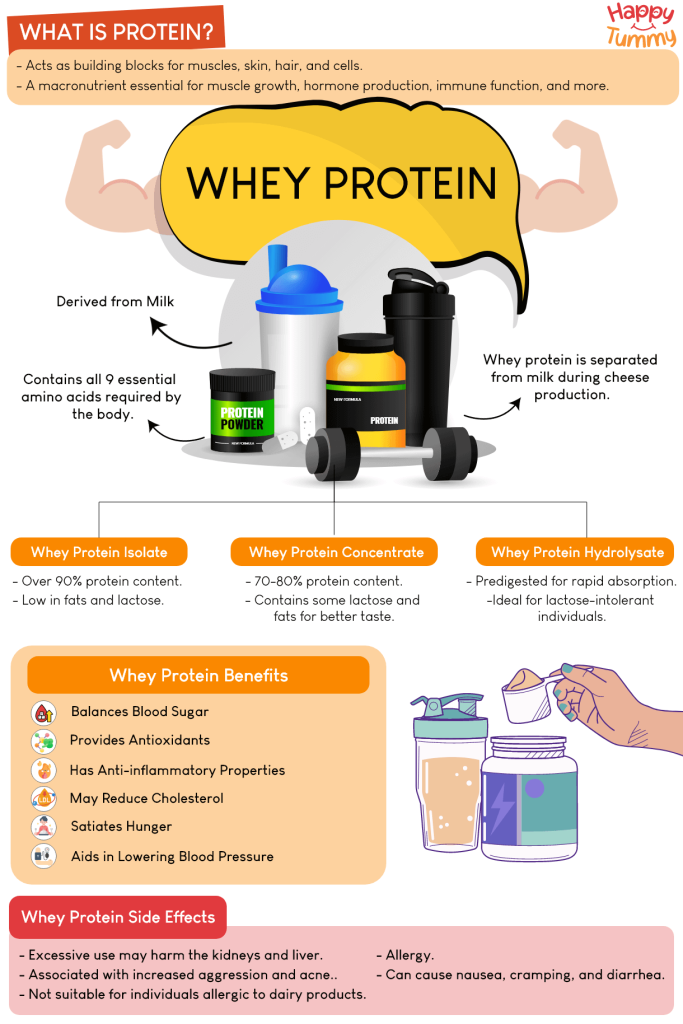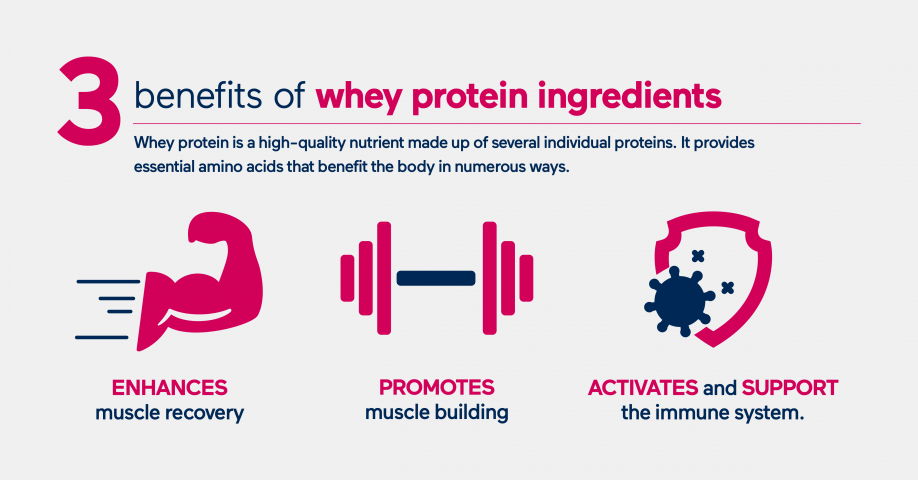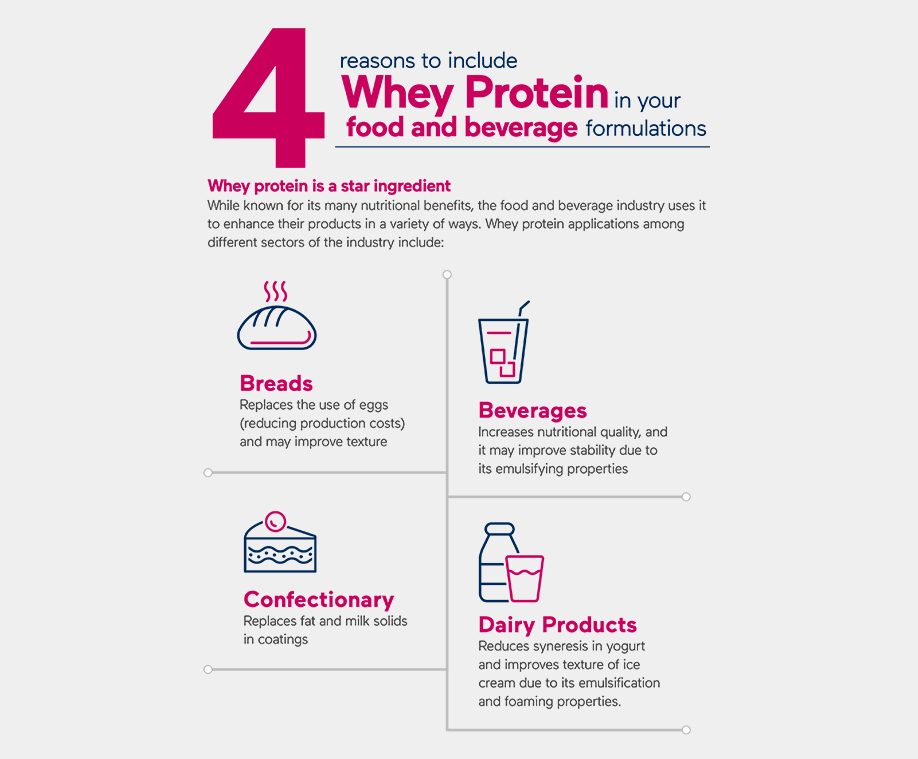whey protein benefits
Unlocking the Power of Whey Protein: A Comprehensive Guide to Its Profound Health and Performance Benefits
From my experience in the world of nutrition and highperformance health, few supplements command as much attention and scientific backing as whey protein. I have seen firsthand the transformative impact it can have on individuals, from elite athletes seeking a competitive edge to everyday people aiming to improve their overall wellbeing. When it comes to maximizing physical potential and supporting a healthy lifestyle, I do not believe there is a more versatile or effective tool. It's a cornerstone of modern nutrition, and its applications extend far beyond the gym. In my professional opinion, I recommend that anyone serious about their health, whether their goal is to build muscle, manage weight, or simply ensure they are getting adequate protein, consider integrating highquality whey protein into their daily routine. The science is overwhelming, and the practical results speak for themselves.

Understanding Whey Protein: More Than Just a Powder
To truly appreciate the benefits of whey protein, we must first understand what it is. Whey is one of the two primary proteins found in milk, alongside casein. During the cheesemaking process, milk is curdled, and the solid curds (casein) are separated from the liquid whey. This liquid is then processed, purified, and dried into the powder we recognize. This seemingly simple process yields a product of remarkable biological value. Its rapid digestion and absorption rate distinguish it, making its amino acids readily available to the body for a multitude of functions. This bioavailability is a critical factor in its effectiveness, a point we will delve into further. The composition of whey protein, particularly its rich concentration of branchedchain amino acids (BCAAs), sets the stage for its profound effects on muscle, metabolism, and beyond.

The Foundational Role of Amino Acids
Whey protein is considered a "complete protein," meaning it contains all nine essential amino acids that the human body cannot synthesize on its own. These essential building blocks are crucial for everything from repairing tissues to producing hormones and enzymes. Among these, the BCAAs—leucine, isoleucine, and valine—stand out. Leucine, in particular, plays a pivotal role in signaling muscle protein synthesis, a process we will explore in detail. This signaling cascade is the primary mechanism through which whey protein facilitates muscle growth and repair. It is a finely tuned biological process, and the presence of these specific amino acids in the right quantities and ratios is what makes whey so uniquely powerful for physical recovery and adaptation. Without an adequate supply of these essential amino acids, our bodies simply cannot perform at their peak, nor can they recover effectively from the stress of exercise or daily life. Whey protein provides a highly efficient and concentrated source to meet these needs.

The Science of Muscle Growth: How Whey Fuels Anabolism
For decades, whey protein has been synonymous with muscle building. This reputation is not accidental; it is built on a solid foundation of scientific research. The primary mechanism is its ability to stimulate muscle protein synthesis (MPS). After a workout, muscle fibers are damaged, and the body initiates a repair process to make them stronger. This process is MPS. Ingesting whey protein provides a rapid influx of amino acids, particularly leucine. Leucine acts as a molecular switch, activating a key signaling pathway known as the mTOR pathway. This pathway is the master regulator of protein synthesis. By turning on this switch, whey protein accelerates the repair and growth of muscle tissue, leading to increased muscle mass and strength over time. We cannot overstate the importance of the timing of this intake, as the postworkout window is a critical period where the muscles are primed for nutrient uptake and repair. We see consistent and significant improvements in lean body mass when whey protein is consumed in this timeframe.

Beyond Anabolism: The Role in Muscle Recovery and Soreness
We know that recovery is just as important as the workout itself. Whey protein not only helps build muscle but also significantly aids in the recovery process. The rapid absorption of its amino acids helps to replenish the depleted muscle glycogen stores and repair microtears in the muscle fibers, which are the primary cause of postexercise muscle soreness, or DOMS (Delayed Onset Muscle Soreness). By reducing muscle damage and accelerating repair, we can return to our next training session sooner and with greater intensity. We see this effect in both strength athletes and endurance athletes, demonstrating its versatility. The antiinflammatory properties of certain components in whey, such as glutamine and cysteine, also contribute to a faster recovery. This allows us to maintain a consistent training schedule without the debilitating effects of prolonged soreness and fatigue.
Whey Protein for Weight Management and Satiety
While often associated with bulking up, we have found that whey protein is an incredibly effective tool for weight management. One of its key benefits is its satiating effect. Protein, in general, is the most satiating macronutrient, meaning it helps us feel fuller for longer. When we consume whey protein, it reduces our appetite and curbs cravings, which can lead to a decrease in overall calorie intake. This makes it an ideal supplement for those on a calorierestricted diet. Furthermore, the thermic effect of food (TEF) is higher for protein than for carbohydrates or fats. This means our body expends more energy to digest and metabolize protein, slightly boosting our metabolism. When combined with a resistance training program, whey protein helps to preserve lean muscle mass during weight loss, which is crucial because muscle tissue is more metabolically active than fat tissue. We see that a higher muscle mass leads to a higher resting metabolic rate, making it easier to maintain a healthy weight in the long run. We have seen countless individuals successfully incorporate whey protein shakes into their diet as a meal replacement or snack to achieve their weight loss goals without sacrificing muscle or feeling constantly hungry.

Comments
Post a Comment